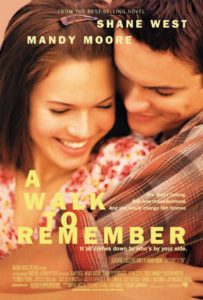
Today my ten-month old son, James, bawled. He’d been playing in the living room with his Winnie-the-Pooh book when he thought that the dishes I was washing in the sink looked more interesting. It feels like I can see what scheme is running through his head as soon as I see his head tilt to the side and his eyes light up and grow to the size of teacup saucers.
I kept my gaze glued to him, not yet sure of what attracted his attention, as he hoisted his rear end in the air and half waddled, half crawled into the kitchen. When James reached me, he latched on to my pants and stood behind me, just holding himself up. For a second, James fooled me because I thought he wandered into the kitchen for the expressed purpose of wanting his “mommy.”
Then the fog lifted, and I realized that James was going around me because he would much rather have the cord to the crock-pot dangling on my other side. Our eyes locked, and even before I reached down to snatch James away from the cord, he began the slow precursor to what became the bawling. He did not understand why he was not allowed to play with the cord. To James, the cord was a simple play item, not a potential hazard.
I thought back to the movie A Walk to Remember and recalled the character, Jamie Sullivan. Like a typical teenager, Jamie plans for her future, expressing various desires, such as making medical discoveries and joining the Peace Corps. However, Jamie does not have the opportunity to achieve all that she wants due to an illness. At one point, she shows her anger and frustration and tells her boyfriend, Landon that “[she does] not need a reason to be angry with God].” Toward the end of the movie, Jamie not only accepts her situation, she comes to the revelation that “maybe God [had] a bigger plan for [her] than she had for [herself].”
Watching James in the kitchen made this quote profound to me because now I see first hand how we as human beings do not have the whole picture of life. Like James’ longing for the crock-pot cord, sometimes our wants appear so vital to our present circumstances; when in fact, if we received what we wanted, we would place ourselves in a dangerous situation whether physical, emotional, or psychological. Humans are given small, scrambled life glimpses, and it is not until we assemble those snap-shots together that we can view the grander masterpiece of life’s reason and purpose.
